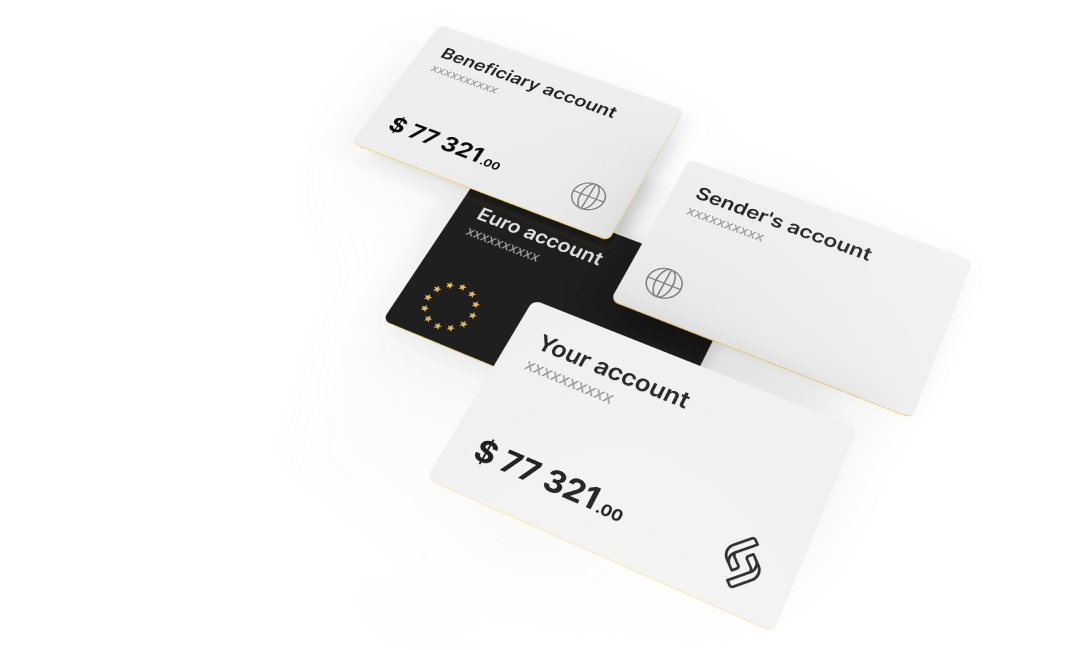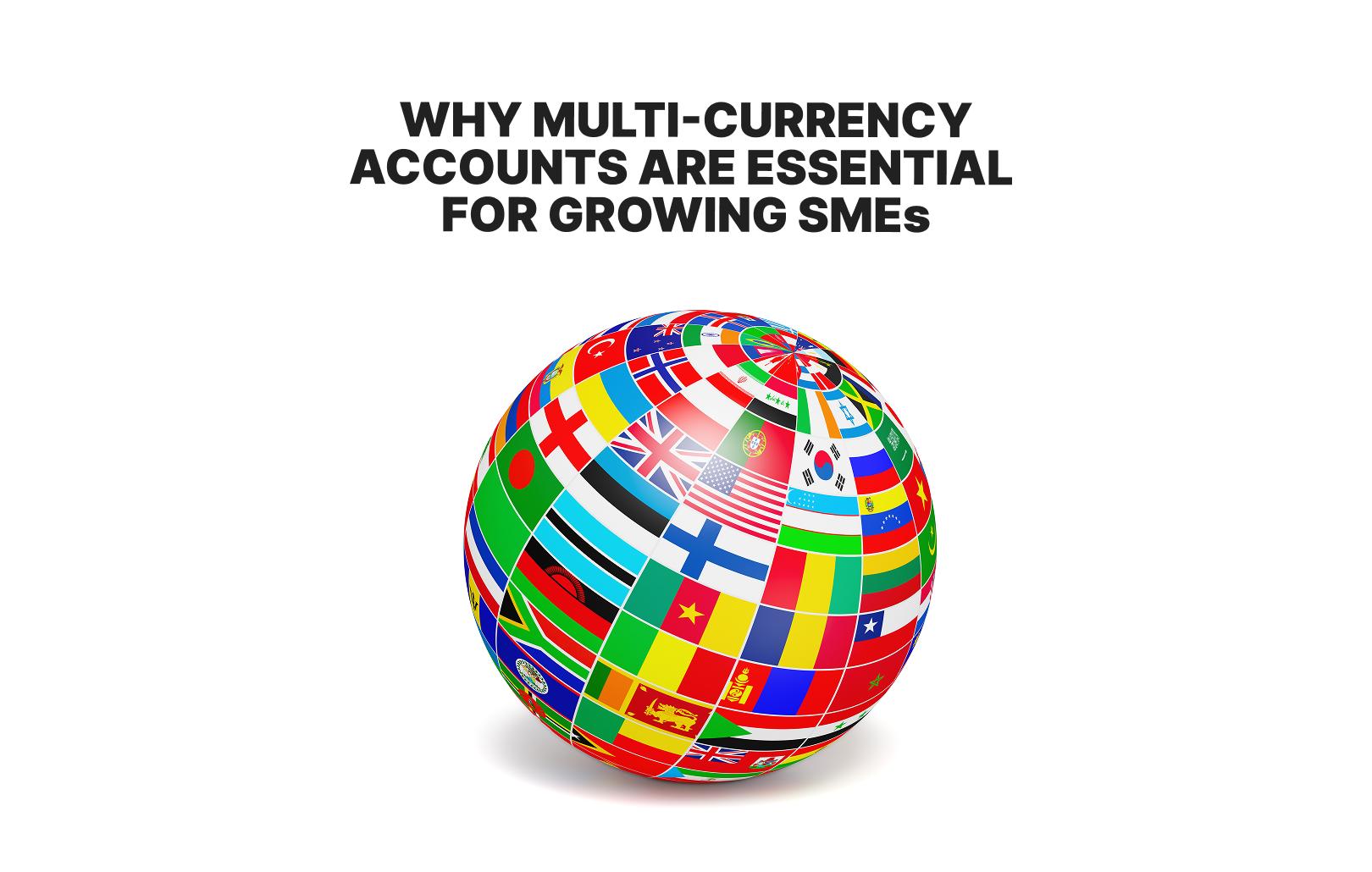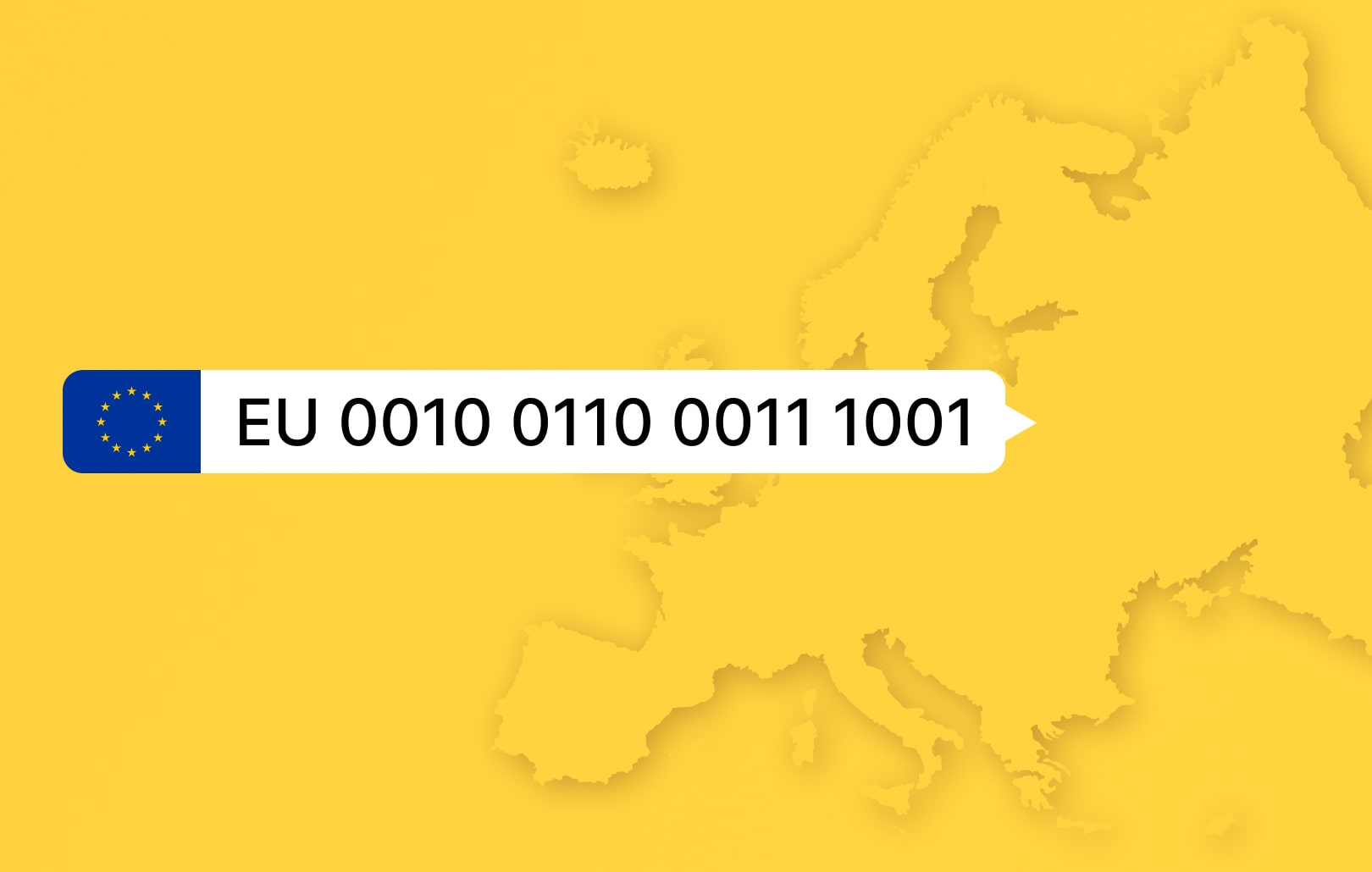Best EU Countries for Non-Resident Accounts: A Comprehensive Guide

The Best EU Countries for Non-Resident Accounts
Opening an account for banking in Europe as a non-resident can be a challenge, but it’s not out of reach. Different countries and financial institutions have varying requirements, making it essential to understand the key factors influencing the process.
Some financial services providers may ask for a residence permit, tax identification number, proof of income, or a minimum deposit. Additionally, some may require you to demonstrate a genuine reason for opening an account, such as working, studying, or owning property in their country.
Alternatively, consider using EMIs (electronic money institutions) / digital-only banking providers that specialize in non-resident accounts and have a streamlined application process.
Key Considerations for Non-Resident Accounts in the EU
When exploring the prospect of opening an account in the European Union as a non-resident, several essential factors come into play. These considerations will shape your online banking experience and help ensure that you make the right choice based on your financial needs and preferences. Here are the primary points to keep in mind:
- Account Fees and Charges: Be attentive to the various fees associated with the account, including monthly maintenance fees, transaction charges, currency conversion fees, ATM withdrawal fees, and any other related costs. Understanding these will help you assess the overall cost-effectiveness of the account.
- Account Benefits and Interest Rates: Examine the benefits that the account offers, such as interest rates on savings, cashback rewards, overdraft facilities, or other perks. These benefits can significantly impact your financial experience and overall satisfaction with the account.
- Account Accessibility and Management: Evaluate the ease and convenience of opening and managing the account. Consider factors like online application availability, online banking features, the user-friendliness of mobile apps, and the quality of customer service provided by the financial institution.
- Legal and Regulatory Environment: Understand the legal and regulatory framework of both the country and the specific banking provider. Pay attention to data protection policies, tax compliance requirements, and the availability of a deposit guarantee scheme to ensure your peace of mind.
- Financial Services Provider’s Flexibility for Non-Residents: Assess the financial institution’s policy regarding non-resident account holders. Some financial institutions may require proof of EU residence and an EU tax identification number, while others may offer more accessible options for non-residents, making the account opening process smoother.
Taking these factors into account will empower you to make an informed decision when selecting a non-resident account in the EU that aligns with your financial goals and preferences.
Top 3 Countries for Non-Resident Accounts
Lithuania: A rapidly growing fintech hub, Lithuania has become a hotspot for businesses and individuals seeking to open a European payment account. Traditional financial institutions often require proof of address, an account statement, and a residence permit, making the process more complex.
Today, it is the leading country in the EU in terms of the number of operating EMIs. It offers a swift and cost-effective licensing system for fintechs and provides access to the EU digital banking market, including the SEPA payment system.
For those seeking a streamlined option, digital banking providers / EMIs like Satchel.eu offer the convenience of opening accounts online without the need to verify European residency – proof of address in your home country will be sufficient, making it much more accessible for non-residents.
Estonia: Renowned for its innovative e-residency program, Estonia allows anyone around the world to access its digital services and open an account online. The e-residency card serves as a means of identity verification for participating financial institutions.
Nevertheless, it’s important to be aware that fees in Estonia can be relatively higher than in some other European countries. Additionally, it’s crucial to consider that Estonia has a limited number of physical branches and ATMs compared to its European counterparts, potentially restricting access to cash and in-person banking services.
Germany: This country is an appealing option for non-residents seeking stability and access to the EU online banking market. It boasts a wide range of financial institutions and services, catering to diverse needs. Prominent banking providers offer online accounts for non-residents, making the process more accessible.
However, opening an account for digital banking in Germany may come with its challenges. Financial institutions may request various documents and proofs, including address, income, and credit rating. Some institutions may not accept foreign passports, requiring proof of registration (Anmeldung) or a German residency.
Furthermore, compliance with German tax laws and regulations may be necessary, including the possibility of paying withholding tax or capital gains tax on interest or dividends from German accounts or investments. Consultation with a tax advisor or accountant is recommended for a comprehensive understanding of potential tax obligations.








